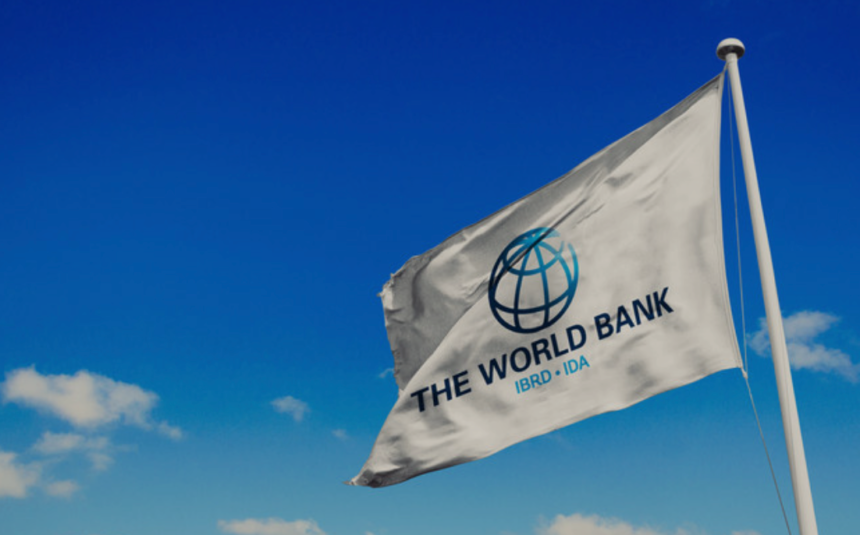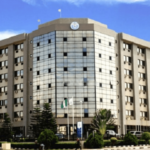The World Bank has earmarked $40 million to support poor and vulnerable Nigerians under a new health program approved for the country.
Reports say the financing project, which the World Bank authorised on September 26, 2024, consists of a $70.01 million grant from the Global Financing Facility and a $500 million credit facility from the International Development Association.
Officially known as the Health Programme-for-Results (HOPE-Health-PforR), Human Capital Opportunities for Prosperity and Equality, the initiative is anticipated to continue until June 30, 2029.
The $40 million allotment is linked to the program’s Disbursement Linked Indicator 3 (DLI 3), which aims to improve the financial security of low-income Nigerians through health insurance and other programs, per a World Bank document that was examined.
- Advertisement -
The performance-based methodology is used to structure the indicator, which is called “Financial protection for poor and vulnerable populations increased (number).” This implies that the $40 million will only be paid to the federal government, which will subsequently release the funds to states that meet certain criteria.
The allocation falls under the HOPE-Health program’s Result Area 2, which is all about increasing the utilisation of vital services. This outcome area has received a total commitment of $272.5 million, which includes $33.5 million in grants and $239 million in IDA money.
According to the World Bank, the DLI is time-bound and scalable, which means that payments are dependent on the implementation level and timetables. The HOPE-Health program’s overarching goal is to increase resilience throughout Nigeria’s healthcare system while enhancing access to and utilisation of high-quality, vital healthcare services.
The program’s objectives include improving maternal and child health, expanding digital infrastructure, implementing institutional reforms at the federal and state levels, and promoting equity in service delivery.
The program combines a technical support component financed by Investment Project Financing with a Program-for-Results methodology. The National Primary Health Care Development Agency and the National Health Insurance Authority are two important organisations whose capacity-building will be supported by the technical assistance component.
- Advertisement -
Along with increasing financial protection, the program also supports the deployment of public health fellows to all 774 LGAs, the adoption of digital health platforms, and the expansion of innovations in maternal health, particularly in states that are underserved and vulnerable to climate change.
The project’s Sector-Wide Approach, which promotes alignment of national stakeholders and development partners under a single implementation framework, was also mentioned in the document.
The $40 million allotment is viewed as a crucial step to lessen the financial burden on the impoverished, as out-of-pocket expenses still make up the majority of healthcare financing in Nigeria.










